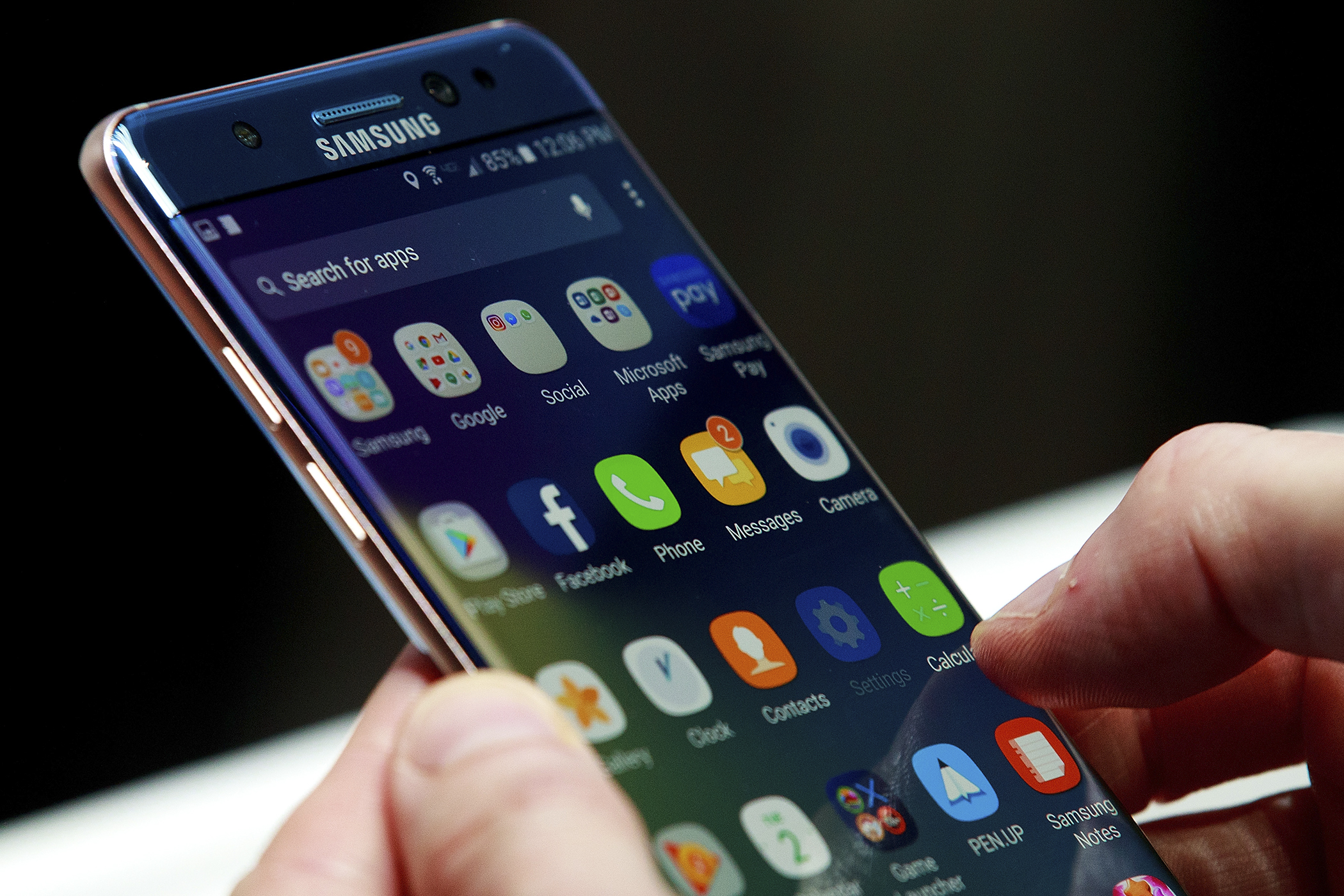
After announcing the cause behind the issues that plagued its Note 7 smartphone, Samsung is sharing details about how it hopes to prevent similar incidents from occurring in the future.
The South Korea-based electronics maker will follow new protocols, such as a multi-layer safety measure and an eight-point battery safety check. It will additionally form a battery advisory group, the company announced during a press conference on Jan. 23. This group will be comprised of external advisers, academic and research experts, including professors from the University of Cambridge, University of California, Berkeley, and Stanford University.
Samsung has also published details about its eight-point battery safety check — a process that will include durability tests during which the batteries are overcharged and subjected to extreme temperatures, visual inspections, X-ray scans and a charging and discharging test.
Other steps include examinations designed to ensure that there is no possibility of battery leakage, a test in which the battery is disassembled in order to inspect its quality, and a simulation that imitates accelerated consumer use cases. Samsung will also observe any changes in voltage throughout the manufacturing process.
After conducting months-long investigations and tests of more than 200,000 devices and 30,000 batteries, Samsung concluded that the issues with it Note 7 stemmed from the way its batteries were designed and manufactured. The company also says that 96% of the three million Note 7 phones sold have been returned.
Samsung recalled the Note 7 after it began receiving reports about the phone overheating, and in some cases catching fire, in September. The company is expected to launch its next smartphone this spring, marking its first major mobile product launch since the Note 7 incident.
More Must-Reads from TIME
- Donald Trump Is TIME's 2024 Person of the Year
- Why We Chose Trump as Person of the Year
- Is Intermittent Fasting Good or Bad for You?
- The 100 Must-Read Books of 2024
- The 20 Best Christmas TV Episodes
- Column: If Optimism Feels Ridiculous Now, Try Hope
- The Future of Climate Action Is Trade Policy
- Merle Bombardieri Is Helping People Make the Baby Decision
Contact us at letters@time.com